Back
vishakha Jangir
•
Set2Score • 1y
𝟮 𝘀𝘁𝗮𝗻𝗳𝗼𝗿𝗱 𝘀𝘁𝘂𝗱𝗲𝗻𝘁𝘀 𝘄𝗵𝗼 𝗰𝗿𝗲𝗮𝘁𝗲𝗱 𝗮 𝗵𝗶𝘀𝘁𝗼𝗿𝘆 𝘄𝗶𝘁𝗵 𝟭𝟬 𝗺𝗶𝗻 𝗱𝗲𝗹𝗶𝘃𝗲𝗿𝘆 𝘂𝗻𝗶𝗰𝗼𝗿𝗻 !! 𝗜𝘁'𝘀 𝗭𝗲𝗽𝘁𝗼 !! Aadit Palicha and Kaivalya Vohra, both Stanford Computer Science students, dropped out to address inefficiencies in grocery delivery during the COVID-19 pandemic in India. Their first startup, KiranaKart (2020), partnered with local kirana stores for deliveries but struggled with consistency, prompting them to pivot. In 2021, they rebranded as Zepto and introduced a dark store model, where micro-warehouses were strategically placed in high-demand urban areas to optimize inventory and minimize delivery time. Zepto focused on a 10-minute delivery promise, using AI-driven inventory management, route optimization, and a network of hyperlocal dark stores, achieving a median delivery time of 8 minutes 47 seconds. October 2021 – Raised $60M, valuing Zepto at $225M, attracting investors like Nexus Venture Partners and Y Combinator. August 2023 – Raised $200M (Series E), achieving unicorn status ($1.4B valuation), backed by StepStone Group and Goodwater Capital. August 2024 – Valuation surged to $5B, with Zepto operating 250+ dark stores across 10 metro cities in India, outpacing competitors like Blinkit and Swiggy Instamart. Zepto’s competitive edge includes: High order frequency & retention rates, driven by fast fulfillment and competitive pricing. Lean supply chain, with optimized warehouse placement reducing last-mile costs. Profitable unit economics, with a focus on high-margin products, subscription models, and strategic expansion into Tier-1 cities. By 2024, Zepto became India's leading quick-commerce platform, leveraging technology, efficient logistics, and strategic investments to dominate the market
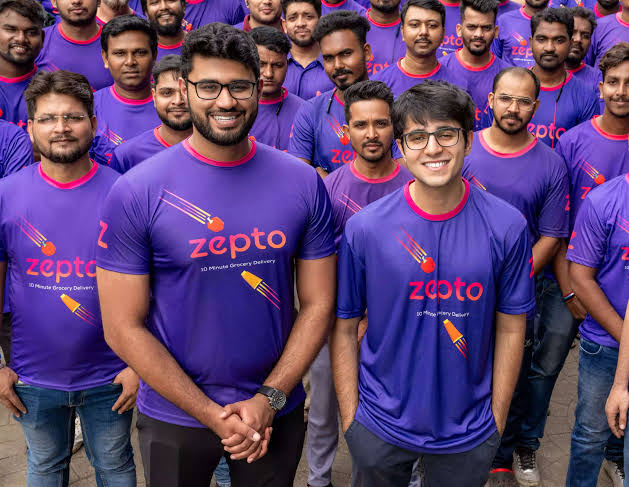
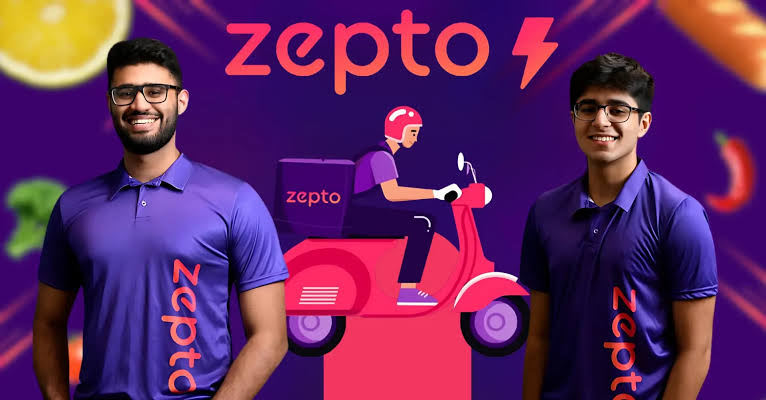
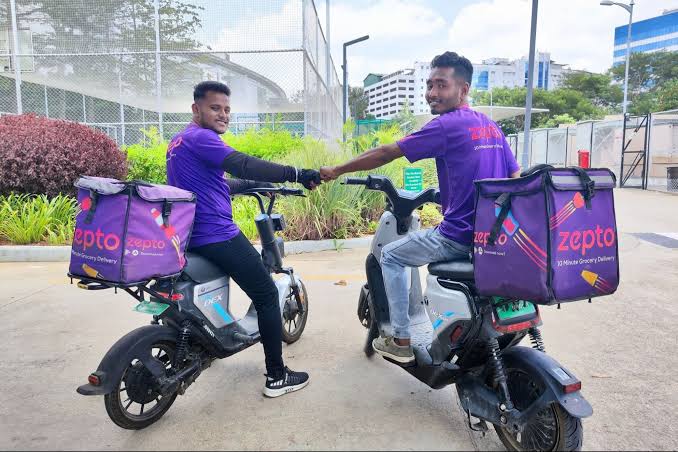
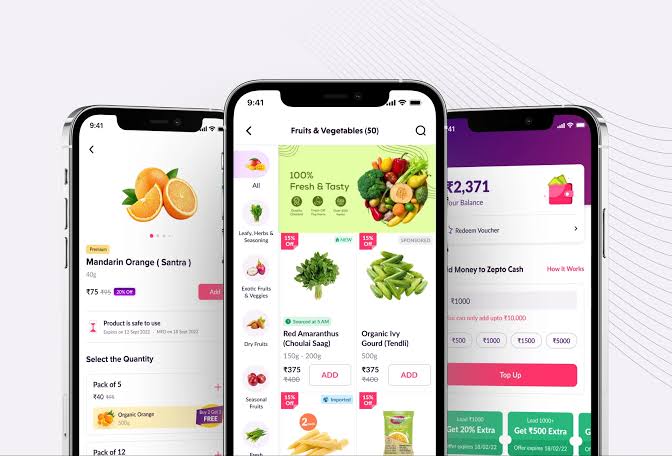
Replies (4)
More like this
Recommendations from Medial
Harsh Singh
Because every life m... • 8m
Concept: Start a quick commerce business that doesn't use dark stores. Instead, partner with local retail stores across the city and deliver their products to customers within 10-15 minutes. Key Benefits: No need for warehouse or inventory invest
See MoreHarsh lambhate
We are just human • 1y
We’ve created a hyper-quick commerce solution: groceries delivered in 10 minutes via dark stores, fashion and electronics from local D2C stores with delivery by Repido and other partners within 60 minutes, and food delivered in 35 minutesfrom our clo
See More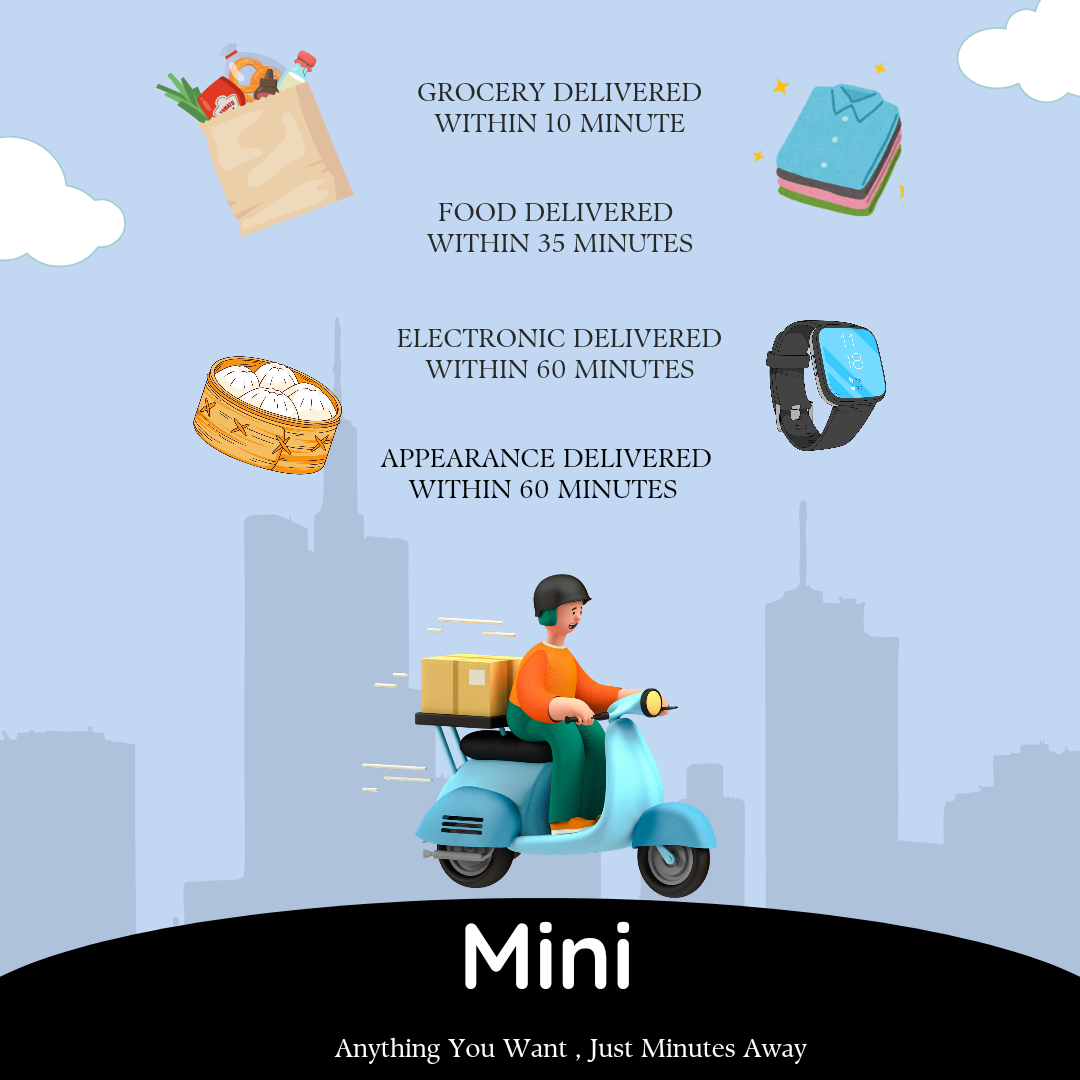
Rushikesh vetal
Building another goo... • 11m
Industrial Supply: 15-Minute B2B Commerce Industrial manufacturers face slow, outdated supply chains that cause production delays, high costs, and inefficiencies. Essential materials like fasteners, carbide inserts, tools, lubricants, and welding ro
See Moregray man
I'm just a normal gu... • 1y
Flipkart is doubling down on its quick-commerce venture, Flipkart Minutes, by appointing Kabeer Biswas, Dunzo’s co-founder, as the new leader. The move aims to challenge competitors like Amazon, Zepto, and BlinkIt in India's growing fast-delivery mar
See More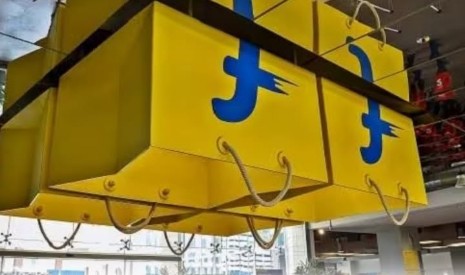
Vikram Kumar
Founder at Stockware • 1y
Reliance Retail is re-entering quick commerce, backing Dunzo and Grab through JioMart. With Flipkart and Amazon also eyeing this space, competition in India's instant delivery market is intensifying. Success in quick commerce isn't just about speed
See More
Anonymous
Hey I am on Medial • 1y
Zepto is restructuring its dark store management, shifting operations from licensee partners to third-party franchisees. It recently formed Zepto Marketplace Pvt Ltd to transition from B2B2C to a marketplace model while continuing to operate through
See MoreDownload the medial app to read full posts, comements and news.






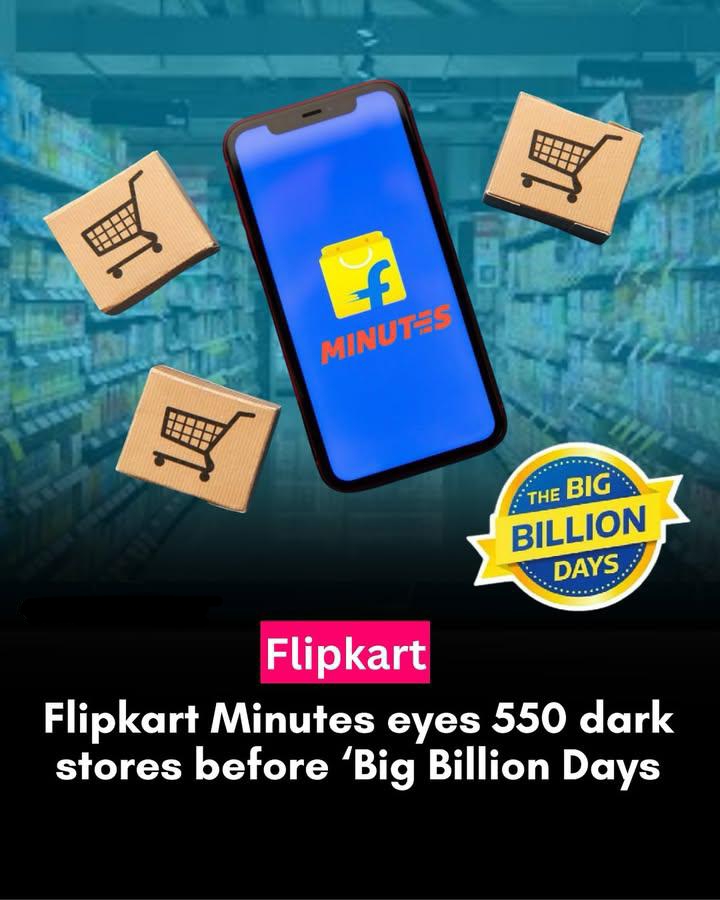







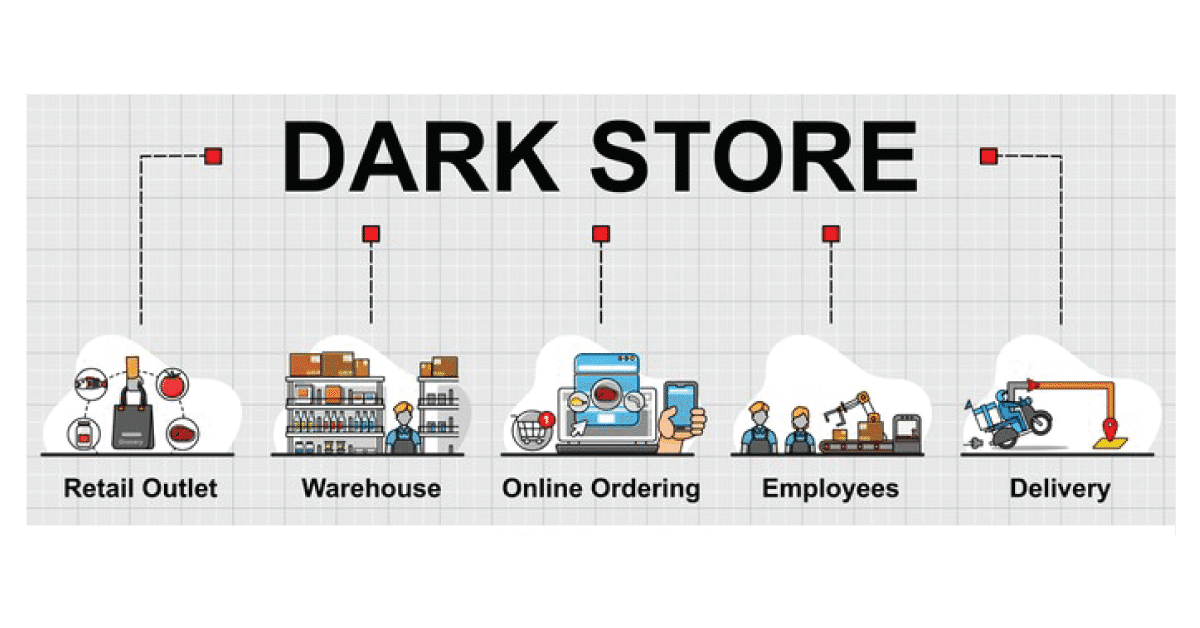

/entrackr/media/post_attachments/wp-content/uploads/2021/08/Accel-1.jpg)

















